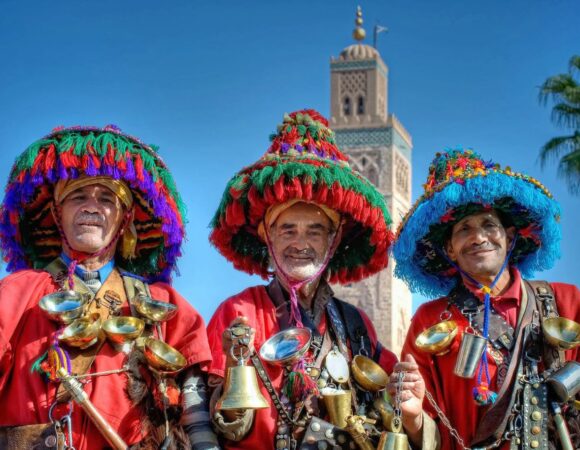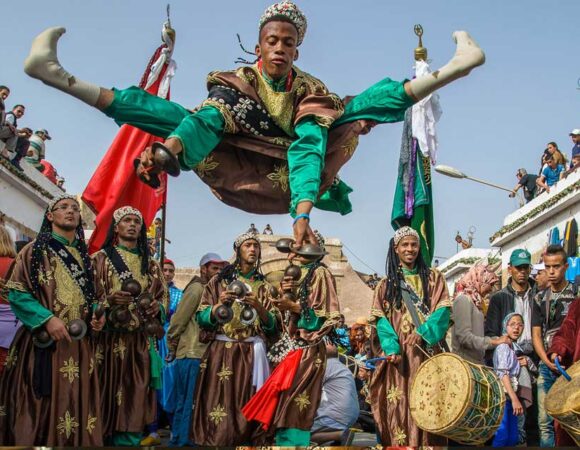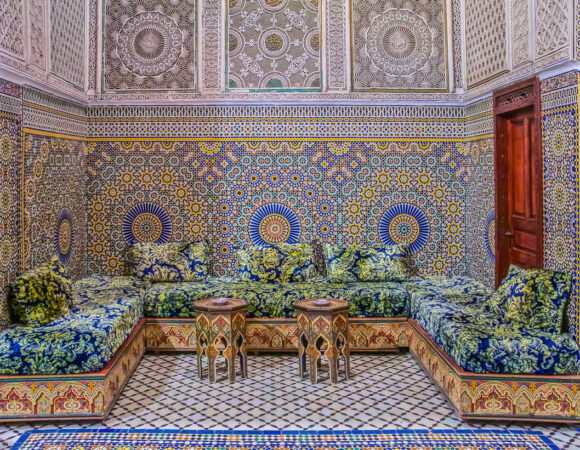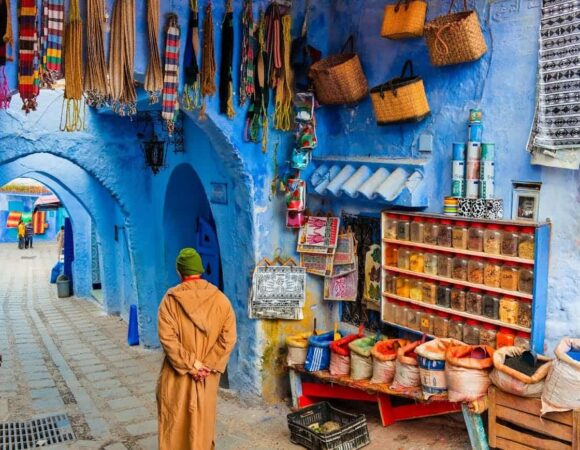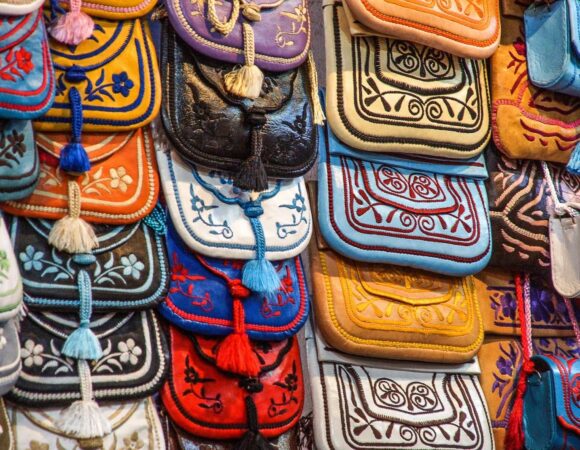Culture Shock
No matter where you arrive in Morocco, you immediately know you are in a different culture. There is a unique energy, street life, noise, everything feels so alive.From the hustle and bustle of Marrakech’s Djemaa el-Fna, the intensity of markets and medinas, to the emptiness of the Sahara and its mesmerising dunes, Morocco is both different and diverseWhilst Morocco is modernising it still proudly hangs on to its traditions and simple ways of doing things – you will see women washing their clothes in the river and the soil being tilled with a simple wooden plough and donkey. In the south Berber families still ply a simple lifestyle, living in homespun wool tents.Arguably one of the largest culture shocks for tourists is haggling. In the medina and markets. Haggling is a way of life and not something to shy away from – it is invariably a humorous interaction between a willing buyer and seller. Price is determined through what one is willing to pay, rather than a remote corporate office ascertaining the best price for maximisation of profits.
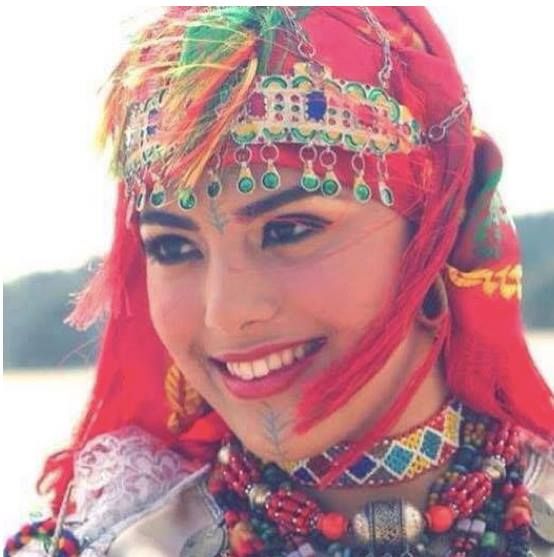
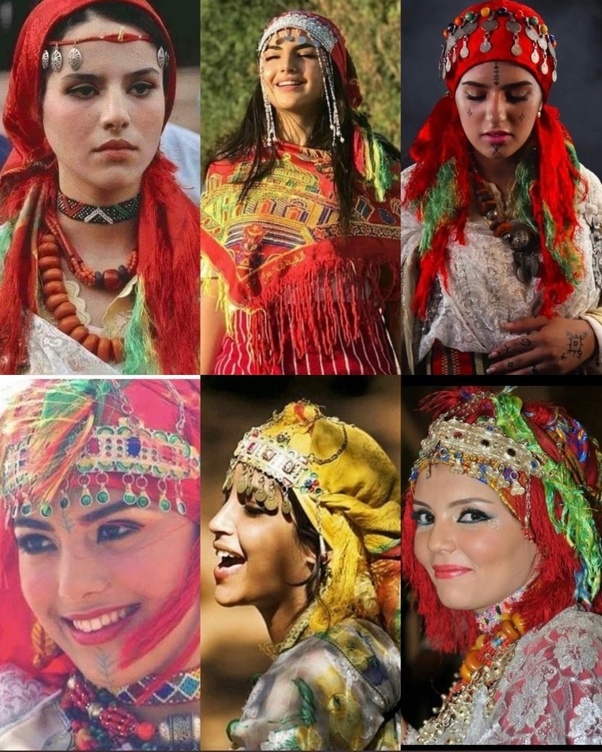
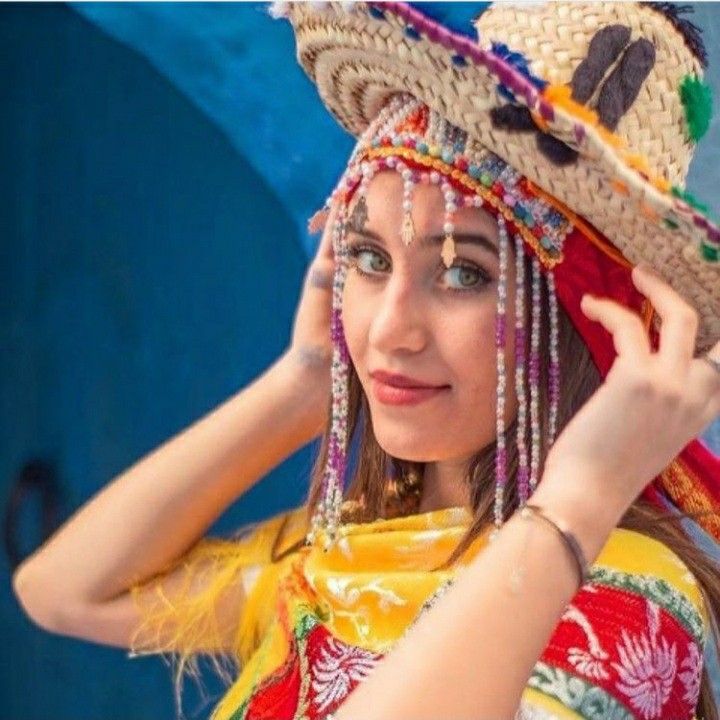
Culture & People
Morocco’s cultural heritage reflects the influence of a long succession of invaders and settlers including the Carthaginians, Romans, French, Spanish and Arabs. The Berbers make up over half of the population and Moroccan society is a fascinating melting pot of Berber, Arab, Jewish, Muslim, African and European. This eclectic diversity has helped Morocco become a tolerant society, accepting of different religions and minorities.The late Hassan II, king of Morocco, compared the country to a tree with its roots spreading deep into the heart of Africa, its trunk solidly set in the Arab-Islamic world and its branches reaching beyond Spain, Portugal and France to the heart of Europe.In Morocco family and community are highly important, being the pillars that help maintain a stable and peaceful society. The famed “Arab Telephone” is no myth – everyone seems to know what everyone else is doing. But it’s all done in a gentle way and helps ensure stability and law and order. It’s almost impossible to be anonymous in Morocco.
Geography and Landscape
The Kingdom of Morocco is a country of extraordinary beauty and diversity spanning from a Mediterranean coastline in the North, scenic mountain landscapes to the empty wilderness of the Sahara.
North of the Atlas Mountains are the historic cities of Fez, Marrakech and Meknes with their ancient medinas and souks. A cacophony of noise, colour, wares, ancient buildings and mosques. The people going about their day to day business, represent the soul of these cities – marvellous places to while away the day.
The Atlas Mountain range, which cuts its way through virtually the entire country, is both stark and verdant, its rocky peaks being in contrast to its lush valleys. There are endless rambling opportunities to be enjoyed.
To the South, at the edge of the great ergs (dunes) of the Sahara, lie the desert frontier towns of Rissani and Mhamid from where you can camel trek with a nomad guide and spend the night in a desert camp under the stars.
The coastline is 2,000km. The towns on the coast have their own unique atmosphere including the capital city of Rabat, the commercial savviness of Casablanca, the eclectic mix that makes up Tangier, the tourist hub in Agadir and the calmness of Essaouira. However, most of the coast is gloriously deserted bar a few basic simple fishing villages.

